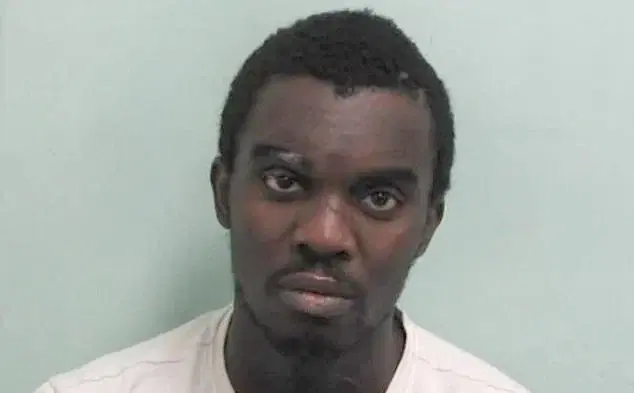Obina Christopher Ezeoke, a Nigerian man convicted of a double murder in north London, has been found by the European Court of Human Rights (ECHR) to have had his rights breached due to significant delays in his trial process.
In 2016, Ezeoke was accused of murdering 21-year-old psychology student Bervil Kalikaka-Ekofo and his 53-year-old aunt, Annie Ekofo, in their East Finchley apartment. The case underwent an unprecedented five trials over five years, with the first trial collapsing due to the judge’s illness, two resulting in hung juries, and the fourth halted by the COVID-19 pandemic. He was ultimately convicted in 2020 and sentenced to life imprisonment with a minimum term of 40 years.
The ECHR ruled that the prolonged legal proceedings violated Article 6 of the European Convention on Human Rights, which ensures a fair hearing within a reasonable time. Despite acknowledging that many delays were beyond the control of UK authorities, the court determined that the overall length of the process was excessive.
However, the ECHR did not grant Ezeoke any compensation or order his release, stating that the eventual conviction and sentencing were fair. The court’s decision has sparked criticism from some UK officials, who view it as an overreach of judicial authority.
The case has drawn attention to the challenges within the UK legal system regarding timely trials and the potential human rights implications of prolonged legal processes.























